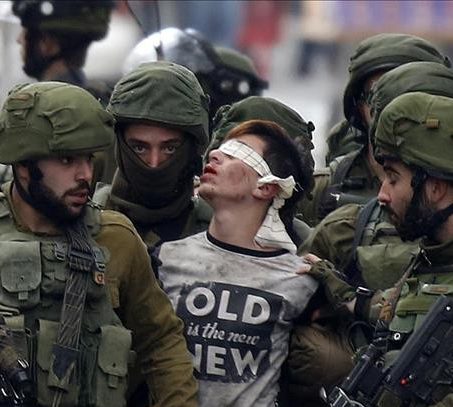
U.N. humanitarian chief Valerie Amos told the council that there are more than 650,000 people internally displaced in CAR due to the conflict, over 232,000 in the capital Bangui alone
Most Muslims have been expelled from the west of conflict-ravaged Central African Republic, where thousands of civilians are at risk of being killed “right before our eyes,” U.N. High Commissioner for Refugees Antonio Guterres said on Thursday.
Widespread violence in the former French colony has claimed thousands of lives since Christian “anti-Balaka” militias stepped up attacks on Muslims.
“Since early December we have effectively witnessed a ‘cleansing’ of the majority of the Muslim population in western CAR,” Guterres said at a meeting of the U.N. Security Council on the crisis in the impoverished and landlocked country.
“Tens of thousands of them (Muslims) have left the country, the second refugee outflow of the current crisis, and most of those remaining are under permanent threat,” he said.
The council is considering a U.N. proposal for a nearly 12,000-strong peacekeeping force to stop the country from sliding toward what a top U.N. rights official called “ethnic-religious cleansing.” If approved, the U.N. force would likely not be operational before late summer.
“Just last week, there were about 15,000 people trapped in 18 locations in western CAR, surrounded by anti-Balaka elements and at very high risk of attack,” Guterres said.
“International forces are present in some of these sites, but if more security is not made available immediately, many of these civilians risk being killed right before our eyes.”
Guterres said that until last year CAR “was largely a stranger to religious conflict.” But the worsening bloodshed has enabled armed groups to use religion as a pretext for violence.
“The demon of religious cleansing must be stopped – now,” he said.
U.N. peacekeeping chief Herve Ladsous told the 15-nation council about the urgent need for U.N. peacekeepers.
“The state has virtually no capacity to manage the massive array of threats it is facing,” he said. “There is no national army and the remnants of the police and gendarmerie lack the basic equipment and means to exercise their duties, while state administration is largely absent throughout the country.”
‘SURGE’ OF PEACEKEEPERS NEEDED
The European Union is already deploying 1,000 soldiers to join 6,000 African and 2,000 French troops. Those forces have so far not been able to halt the killings and restore stability.
U.N. humanitarian chief Valerie Amos told the council that there are more than 650,000 people internally displaced in CAR due to the conflict, over 232,000 in the capital Bangui alone. Nearly 300,000 people have fled to neighboring countries.
Ladsous said he hoped to include as many of the African contingents as possible in a future U.N. force. U.N. officials have told Reuters on condition of anonymity that few of the African contingents are trained and equipped to U.N. standards.
Ladsous said the initial phase of a peacekeeping operation would have to focus on helping to establish security.
“This will require an initial surge of military personnel and corresponding military enablers,” he said. “Alongside this initial military surge, essential civilian capacities will be deployed, phased in gradually as the situation stabilizes.”
While France supports Ladsous’ call for some 10,000 troops and 1,820 police, the United States and Britain are expected to be less enthusiastic, U.N. diplomats say, because of the relatively high cost of such an operation.
The force will need to be approved by the Security Council. Diplomats said France will submit within the next few weeks a draft resolution to authorize a peacekeeping force in line with U.N. recommendations.
One diplomat present at closed-door consultations on CAR said U.S. Ambassador Samantha Power voiced support for U.N. chief Ban Ki-moon’s call for a U.N. peacekeeping mission in CAR.
Separately, a U.N. commission of inquiry, established by the Security Council in December to probe violations of human rights in the Central African Republic, will head to the troubled nation on Tuesday after gathering in Geneva to meet U.N. human rights officials, U.N. officials said.
(Source / 15.03.2014)


